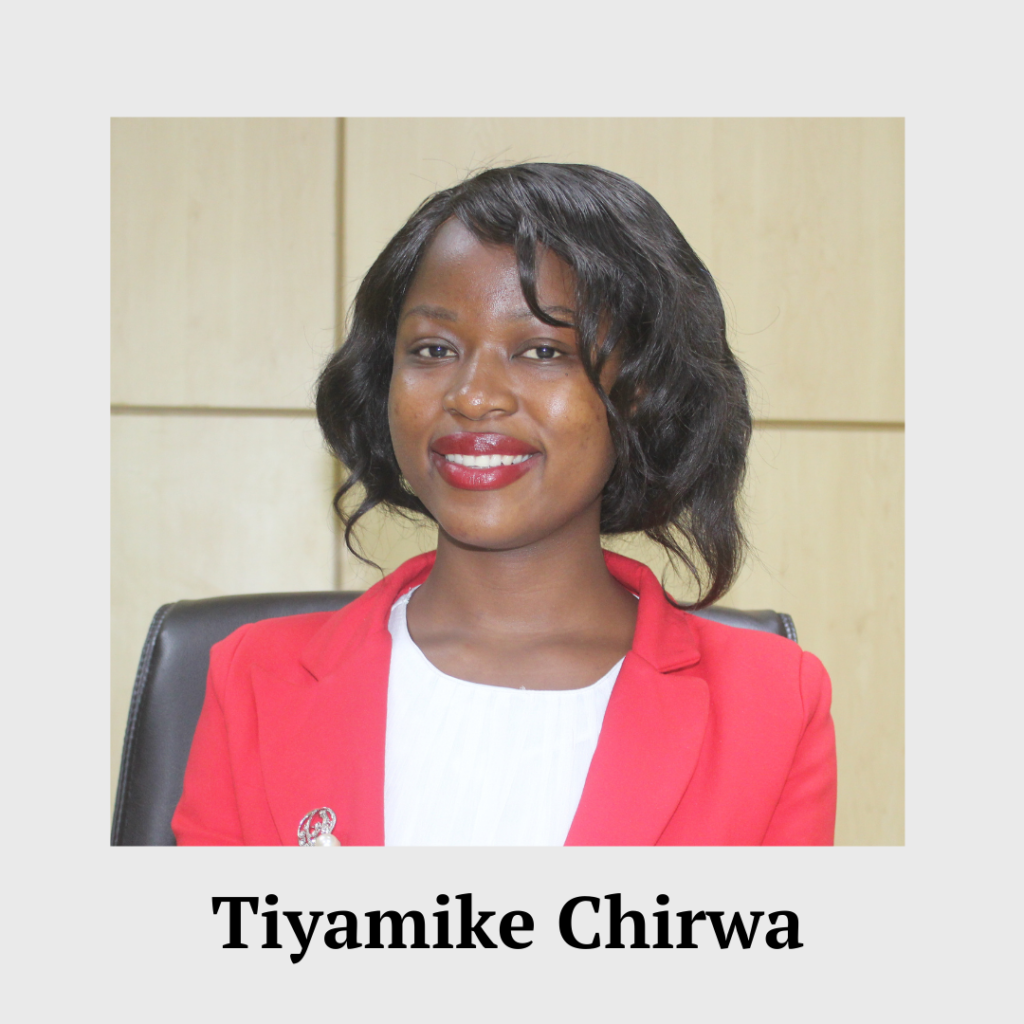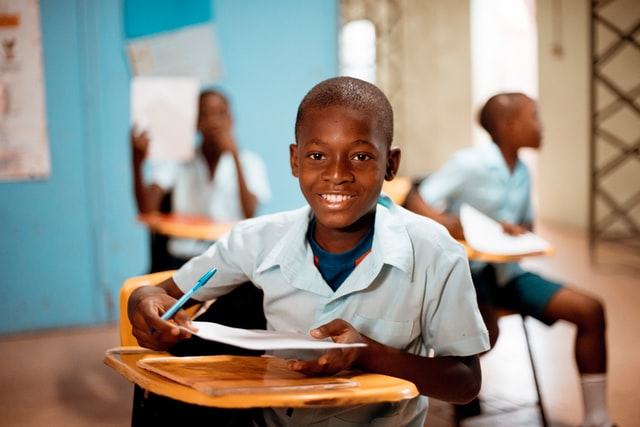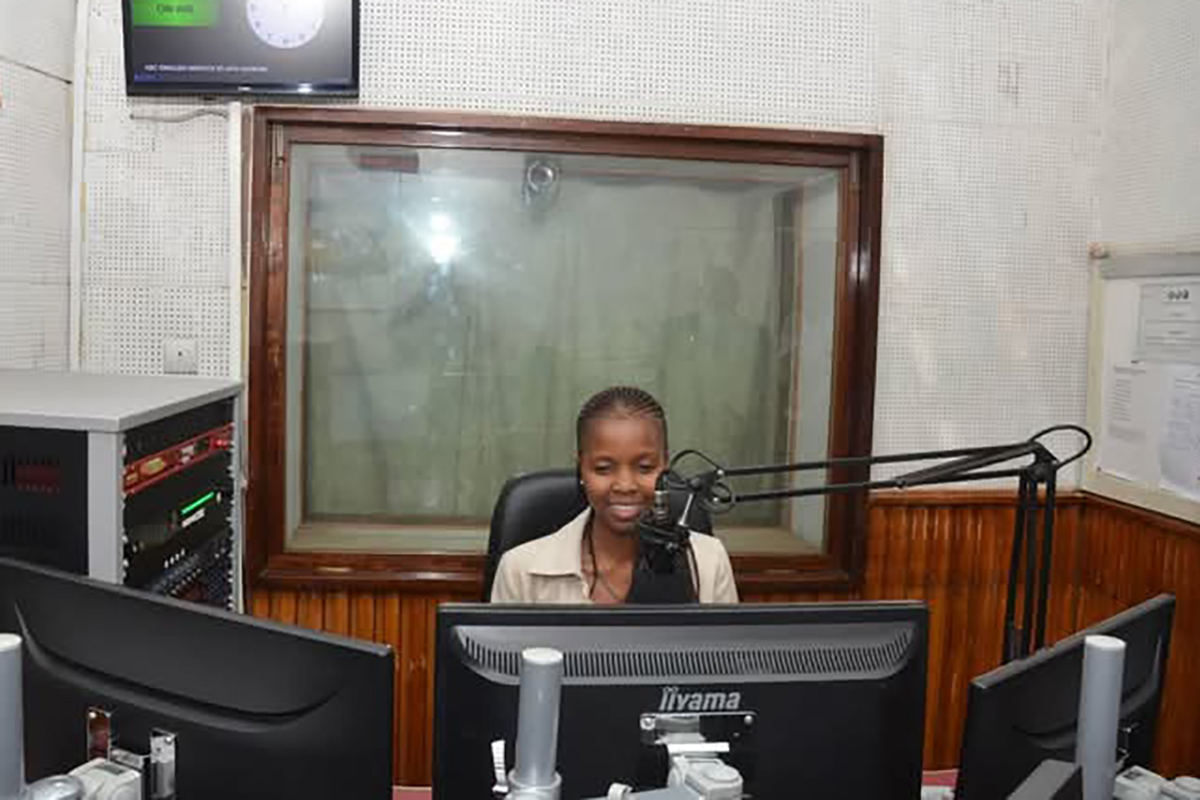MALAWI: Change Education Course
January 26
Every year, Malawi spends more and more of its budget on the education of repeat students. The cycle ignores the issues that cause these students to need re-education in the first place and merely acts as a bandaid. As 26-year-old Malawian correspondent Tiyamike Chirwa outlines, the country would be better served if that budget is used to address the underlying factors that lead to an inefficient education system.
The thought of a country spending close to a quarter of its total annual education budget on educating repeat students seems absurd. Well, this loop seems to be one of Malawi’s biggest barriers to developing its education system. The cost of teaching repeat students rose from MK25 billion in the 2016/2017 academic year to MK41 billion in 2019/2020. Ideally, these resources should be redirected at eliminating the disparities that lead to the underperformance of some children and improving education standards to reduce the number of students repeating classes.
Disparities in opportunities to attain quality education arise due to poverty, inadequate infrastructure and cultural beliefs that hinder inclusion. Inclusive education is crucial for development, as the world continues to drive towards Sustainable Development Goal (SDG) 4, which speaks to ensuring equitable quality education for all.
A child who has completed nine years of education in Malawi, for instance, has only really been given the equivalent of about five years of quality education – an evident gap that is a direct result of poor teaching and learning resources in a growing population of 18 million citizens. This learning gap results in reduced efficiency among the citizens, as basic education is not only scarce, but also at a growing cost that depletes Government resources.
How can Malawi break out of this cycle? The country needs to revisit its education policies and develop strategies that divert from a nurturing approach to an innovative one. Rather than prepare to accommodate a growing budget to educate repeat students, resources should be directed to investing in infrastructure, material and teacher development to improve the quality of education.
Currently, Malawi’s strategy on inclusive education states that the country has 71,000 primary and 14,000 secondary school teachers, representing a teacher-learner ratio of 1:68 and 1:65, respectively. This is inefficient for students who do not receive adequate support and teachers who do not have the capacity to attend to all these children’s individual educational needs. As a result, only 38.4% of children enrolled in primary schools transition to secondary schools.
In addition to a low transition rate to higher education, the United Nations Educational, Scientific and Cultural Organization (UNESCO) found that 258 million children and youth around the world did not attend school in 2018. That number skyrocketed to 1.6 billion children who were out of school at the end of 2020 due to the COVID-19 pandemic. Malawian students were out of school for five months following March 2020 and again for five weeks after January 2021 to reduce the spread of the virus.
With a majority of the Malawian population based in remote areas, most students did not have access to virtual lessons during the lockdown of physical school. There has never been a more pressing time when the world needed to recognize that investment in technology for education should be a basic requirement to secure the future of all children. While COVID restrictions have been lifted and schools have been reopened in Malawi, technology provides a sustainable path for current and future generations to easily access quality education.
As we recognize the fourth International Day of Education this year, UNESCO aims to showcase the crucial transformations that must be enacted to realize each person’s fundamental right to education and build a more sustainable and inclusive world. Following this year’s theme, Changing Course, Transforming Education, now is the time for Malawi to pay particular attention to education to avoid dwelling in a loop where resources are underutilized in a broken education system.
Photo Credits: Photo by Ben White on Unsplash
About Tiyamike Chirwa: I am a marketing and communications professional with experience in the micro-finance and agricultural sectors. I am interested in the role of communication in advancing development and technological penetration that enhances national development. I aspire to grow my career to support entrepreneurs and innovators through contemporarily financial technology and product adaptation.






